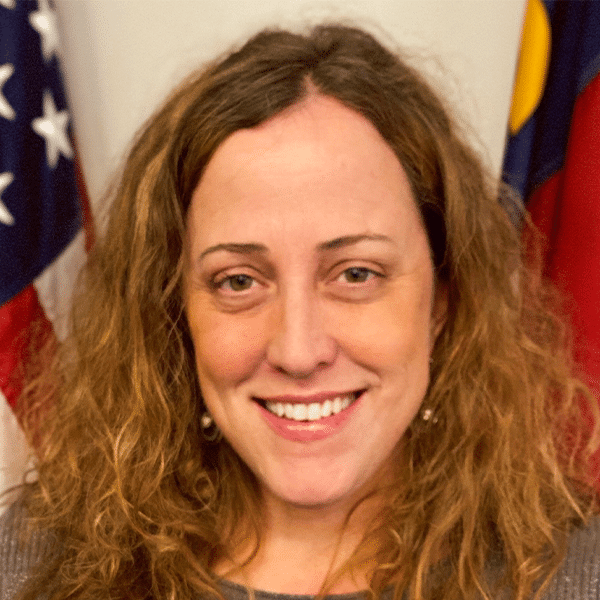Organizations representing rural wireline internet providers have stated their preference for continuing to favor federal funding for fiber-based broadband construction. But many participating in a recent National Telecommunications and Information Administration (NTIA) comment round said the agency is correct to open the door to greater funding of alternative technologies, including unlicensed fixed wireless and low Earth orbiting (LEO) satellite systems.
NTIA proposed updated guidelines for funding those technologies through Broadband Equity, Access, and Deployment (BEAD) in an August draft policy statement.
“‘Internet for All’ is the guiding principle for NTIA’s broadband programs, and the wireless industry is proud of the significant and widespread role we play in bringing affordable, robust, resilient, and secure broadband to all communities, including rural, Tribal, and low-income urban areas,” CTIA–The Wireless Association in its comments about alternative technologies for BEAD funding.
CTIA claimed that the $42.5 billion available for BEAD support will not cover construction of fiber to all unserved and underserved areas. It said that some states have come to realize that a fiber-first philosophy “will deplete their BEAD allocations and leave them short of delivering Internet for All.” Fixed wireless at 100 Mbps downstream and 20 Mbps upstream in remote areas, sometimes faster, will go further to reach all at a lower cost.
The draft policy clarifies that BEAD would cover alternative technologies when no fiber or “other reliable broadband” proposals are on the table. With that in mind, CTIA called for NTIA to allow each state “to design the competitive process and award subgrants to providers that best meet its need.” It urged allowing the states flexibility in designing the competitive process to remove delays to grant selections.
WISPA–The Association for Broadband Without Boundaries (WISPA) represents internet providers offering broadband service to 10 million people using “a variety of technologies,” including unlicensed fixed wireless.
In its submission to the comments on BEAD alternative technologies, it calls for a “right tool for the right job” approach to go along with “Internet for All.” It notes that wireless access at 6 GHz, 57-71 GHz and 80-90 GHz can exceed 100 Mbps/20 Mbps speeds in the right conditions. It also suggested that in some cases, free-space optics (FSO) could be the right tool.
In fact, the association asked NTIA to specify FSO as an eligible alternative technology, along with unlicensed fixed wireless and LEO. “Allowing more technologies to be considered for BEAD will help ensure that the BEAD program remains adaptable and inclusive, leveraging the full scope of available technologies to bridge the digital divide effectively,” WISPA said.
The R Street Institute, a public policy research organization, focused its comments on LEO. “Emerging satellite companies, such as Space X’s Starlink and Amazon’s Project Kuiper, are already picking up more slack to expand the reach of traditional internet access providers. LEO broadband should be a tool in every state’s toolkit and the BEAD should support states’ use of those technologies, full stop,” it said.
The issue with LEO has been that it is so structurally different from other broadband business approaches. BEAD supports construction of local fiber and wireless networks on a state-by-state basis. NTIA must device other procedures for states to support a global network. R Street complains that the NTIA draft policy for BEAD is too narrow to accommodate LEO and other alternative technologies. For example, NTIA proposes that alternative providers offer specific data capacity to each “subscribing broadband serviceable location.” “NTIA creating this incredibly high standard with no substantiation is highly inappropriate, because the statute clearly provides the states with the discretion to set standards based on their unique needs,” R Street said.



